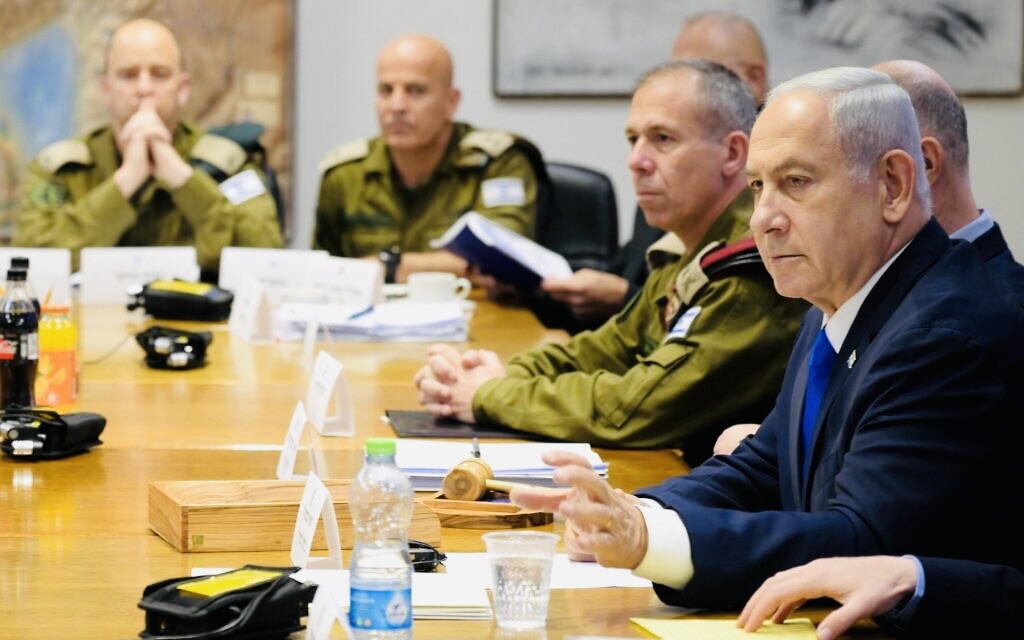Since Israel’s unilateral withdrawal from the Gaza Strip in the summer of 2005, rarely a month has gone by without an upsurge of fresh fighting. These clashes have pitted Israel against Iranian-backed Palestinian factions in Gaza whose long-term goal is to destroy Israel and replace it with an Islamic state in all of historic Palestine.
In the past 18 years, there have four wars — 2008-09, 2012, 2014 and 2021 — and countless skirmishes between Israel, Hamas and Islamic Jihad.
The most recent clash, dubbed Operation Shield and Arrow by the Israeli government and directed by Defence Minister Yoav Gallant and General Herzi Halevi, the chief of staff of the armed forces, lasted five days. It ended on May 13 thanks to a ceasefire hammered out by Egypt, the first Arab state to sign a peace treaty with Israel.
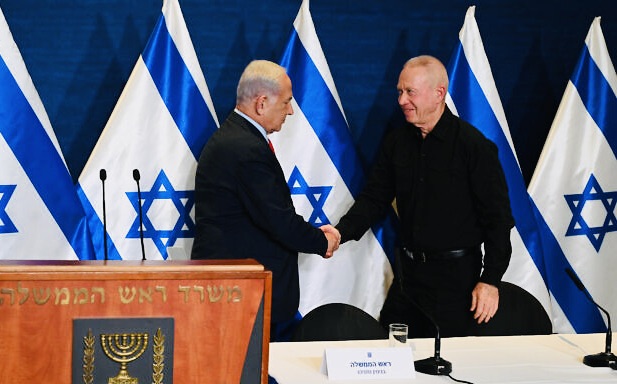
Islamic Jihad agreed to a truce despite Israel’s refusal to halt targeted assassinations of its commanders, to release the body of an Islamic Jihad operative who died in Israeli custody, and to cancel a forthcoming Israeli flag parade through East Jerusalem.
Islamic Jihad leader Ziad Nakhaleh, who is based in Syria, described the ceasefire as an “end of another round of conflict with the Zionist project.”
In the past, Israel has usually faced Hamas on the battlefield. But in this instance, Hamas — which has ruled Gaza since 2007 — was not militarily involved, though it was verbally supportive of the rocket and mortar strikes launched by Islamic Jihad, a smaller, more radical organization.
The current round was the most serious bout of fighting between Israel and Islamic Jihad since Operation Dawn last August, which was authorized by Yair Lapid, the then Israeli prime minister.
Analysts in Israel claimed that Operation Dawn was an Israeli victory, portraying it as a warning to Israel’s other enemies, especially Hezbollah, of the fate that awaited them should they engage Israel in combat.
Clearly, Islamic Jihad was not deterred by this message.
During the most recent fighting, Islamic Jihad fired 1,468 rockets and mortars at Israel, injuring 77 Israelis and causing widespread property damage, particularly in the south near the Gaza border.
The Iron Dome missile defence system, developed by Israel and the United States, intercepted 95 percent of the incoming projectiles.
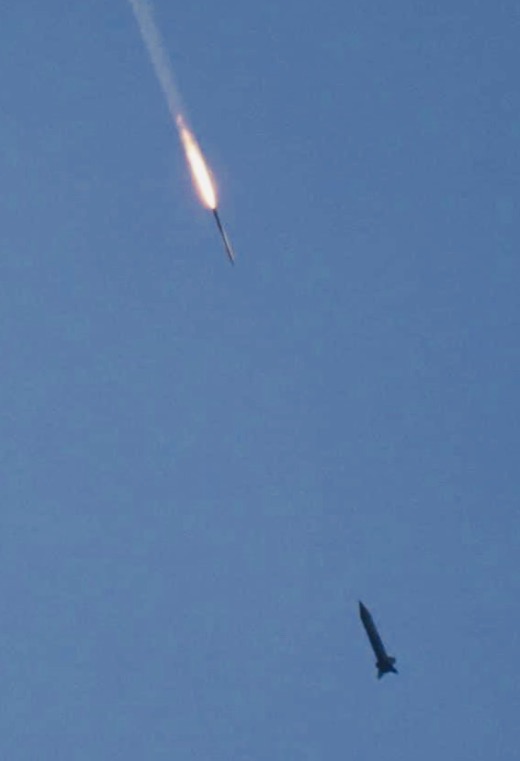
Israel struck 422 Islamic Jihad sites, destroying bases and weapons factories and killing six of its senior commanders and 12 of its operatives. Thirty three Palestinian civilians, including a number of children, were killed as well.
The roots of the latest round of fighting are clear.
On May 2, Islamic Jihad fired 104 rockets and mortars into Israel following the death of one of its West Bank members. Khader Adnan, who had been in and out of Israeli jails in recent years, died in an Israeli prison after an 87-day hunger strike.
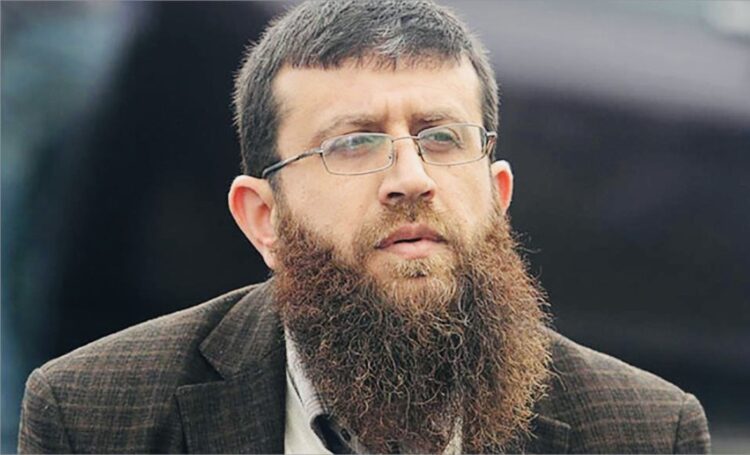
Israel’s response was relatively restrained. Israeli tanks and aircraft bombed a few sites in Gaza and within a day, calm was restored.
Israel’s measured attack upset National Security Minister Itamar Ben-Gvir, who initiated a media campaign against Prime Minister Benjamin Netanyahu’s “lax” policies in Gaza. “This is not a fully right-wing government,” he complained. “Gaza fires at us again and again, and our response is flaccid and weak.”
Ben-Gvir threatened to pull his Jewish Power Party out of Netanyahu’s coalition government unless Netanyahu adopted a tougher approach to Gaza. Without Ben-Gvir’s vital support, Netanyahu’s government would have collapsed, necessitating the need for new elections.
It would appear that Netanyahu heeded his warning.
On May 9, in predawn air strikes, Israeli aircraft hit several high-rise apartment buildings in Gaza where Islamic Jihad commanders and their families live.

Within minutes, Israel killed Jihad al-Ghanam, Khalil Bahtini and Tareq Ezzedine, all of whom were senior commanders. They were respectively in charge of overall military operations, rocket launches, and the formation of cells in the West Bank.
In the days to follow, Israel took out three more commanders, striking a grievous body blow to Islamic Jihad.
While the Iron Dome and David’s Sling short-range and longer-range batteries intercepted the vast majority of Palestinian projectiles, one rocket crashed into an apartment building in Rehovot, killing an 80-year-old woman trying to help her paralyzed husband into a bomb shelter.
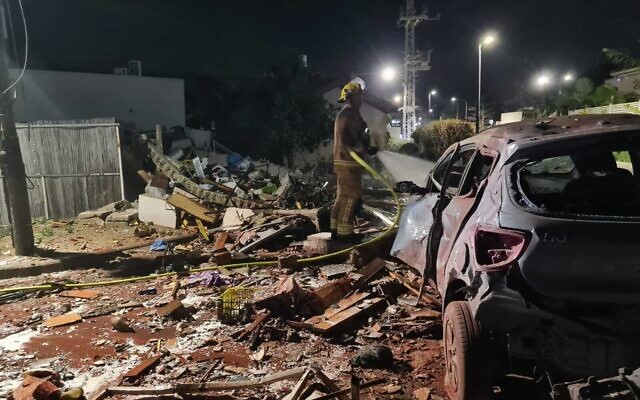
A Palestinian farm worker from Gaza, a father of six children, was also killed when a rocket smashed into a greenhouse.
Although Hamas declared solidarity with Islamic Jihad, it pragmatically stayed out of the fighting, fearing that Israel would withdraw the 20,000 permits that enable Palestinians to work in Israel. These permits are crucial to Gaza’s anemic economy.
It goes without saying that this was not the final military encounter between Israel and Islamic Jihad. Gaza, a cancerous sore on Israel’s body politic, will remain a constant source of strife as long as Israel’s conflict with the Palestinians simmers and remains unresolved.
Extremists in Netanyahu’s government, such as Finance Minister Bezalel Smotrich, believe that Israel should reoccupy Gaza: “The time will probably come to return to Gaza, disassemble Hamas and demilitarize Gaza,” he said on May 12. “This too will be carried out according to the broad interests and considerations of the State of Israel. I believe the moment will come when there won’t be a choice but to reconquer Gaza.”
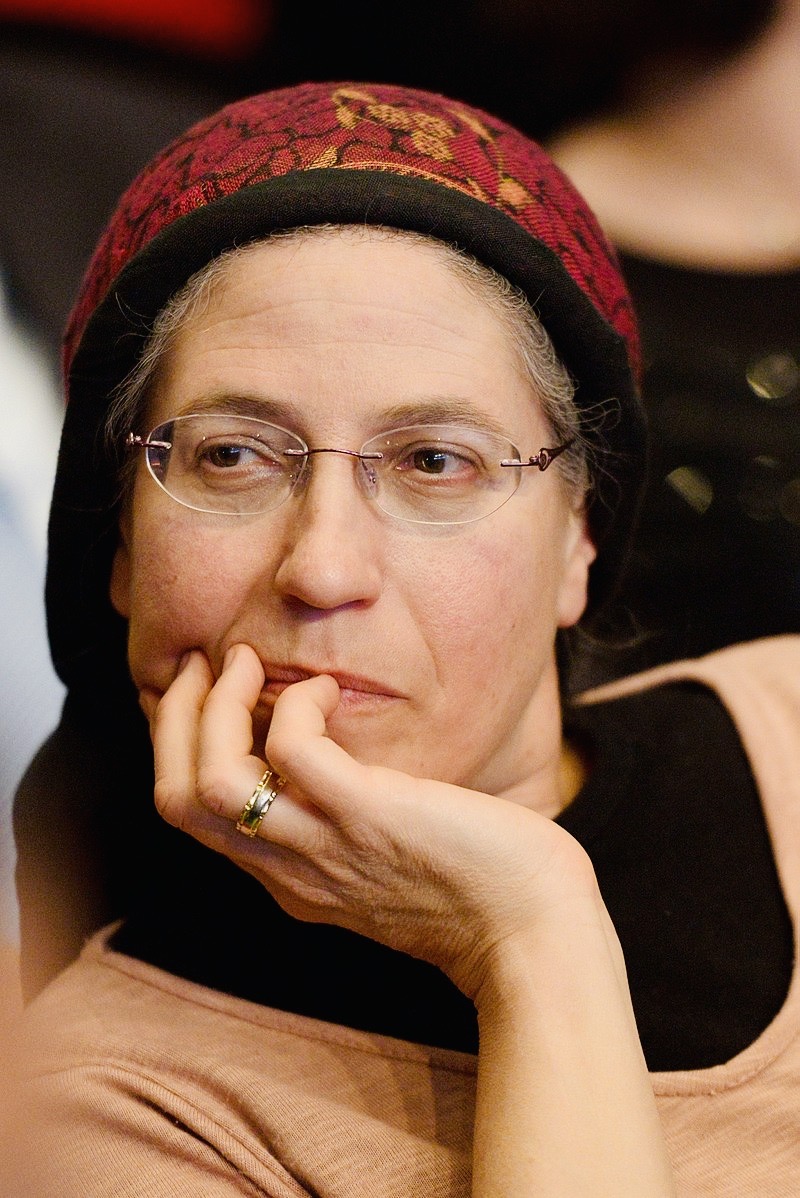
His comments were seconded by National Missions Minister Orit Strock, a member of Smotrich’s Religious Zionist Party.
Israel’s reoccupation of Gaza would be disastrous, causing enormous Israeli and Palestinian casualties and deepening the conflict in every respect. Yet this scenario should not be discounted, especially if Israel continues to be governed by a far right-wing government.
Israel would be much better off with a negotiated two-state solution, its uncertainties notwithstanding. But Palestinian statehood is not in the cards these days, contributing to Palestinian anger and frustration.
